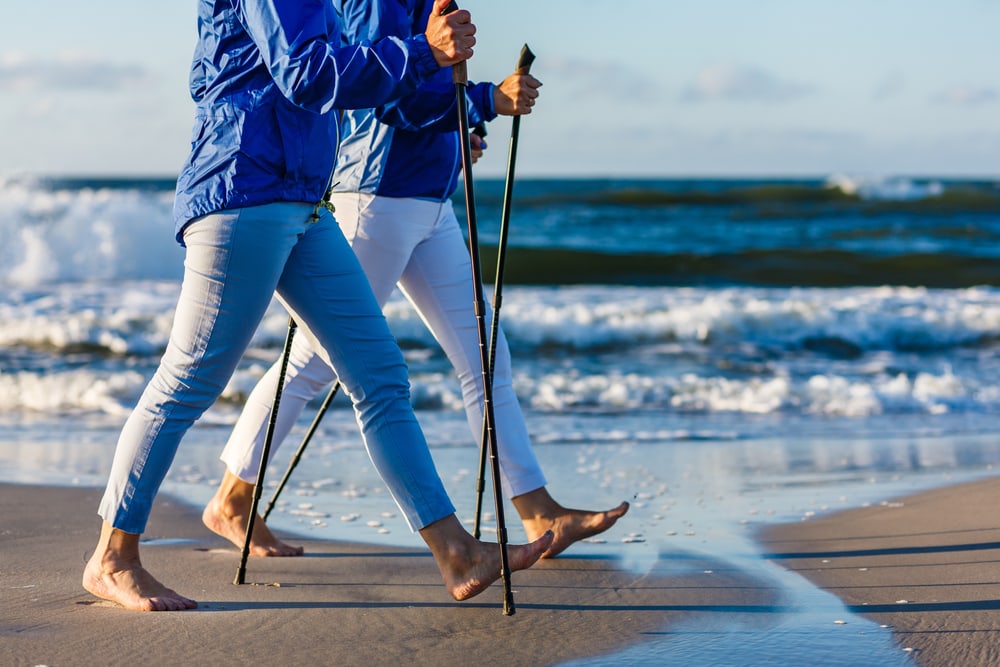Are you looking at the big 4-0? Even if you aren’t excited about your day, we want to say Happy Birthday. Don’t worry about feeling nervous about turning 40. Maybe you are unsure what to expect and want to learn how to keep your body in the best shape possible as you go through midlife. Keep reading to learn more about the health challenges that can become more prevalent after 40 and what you can do to alleviate them. And please, try to celebrate even a little bit. Why? Because when you stop having birthdays, well, you know…

70. Your Cells Start to Decline
Have you ever heard of Age Associated Cellular Decline? It starts in your 40s and accelerates as you age into the 60s and beyond. It occurs because the mitochondria – the powerhouse of the cell – begins to decline. As a result, it impacts the cells’ ability to perform at peak, optimal levels. If you are constantly fatigued or have a weaker immune system, this might be the reason as it impairs the function of your tissues and organs. Luckily, research shows you can exercise to help slow this process.
